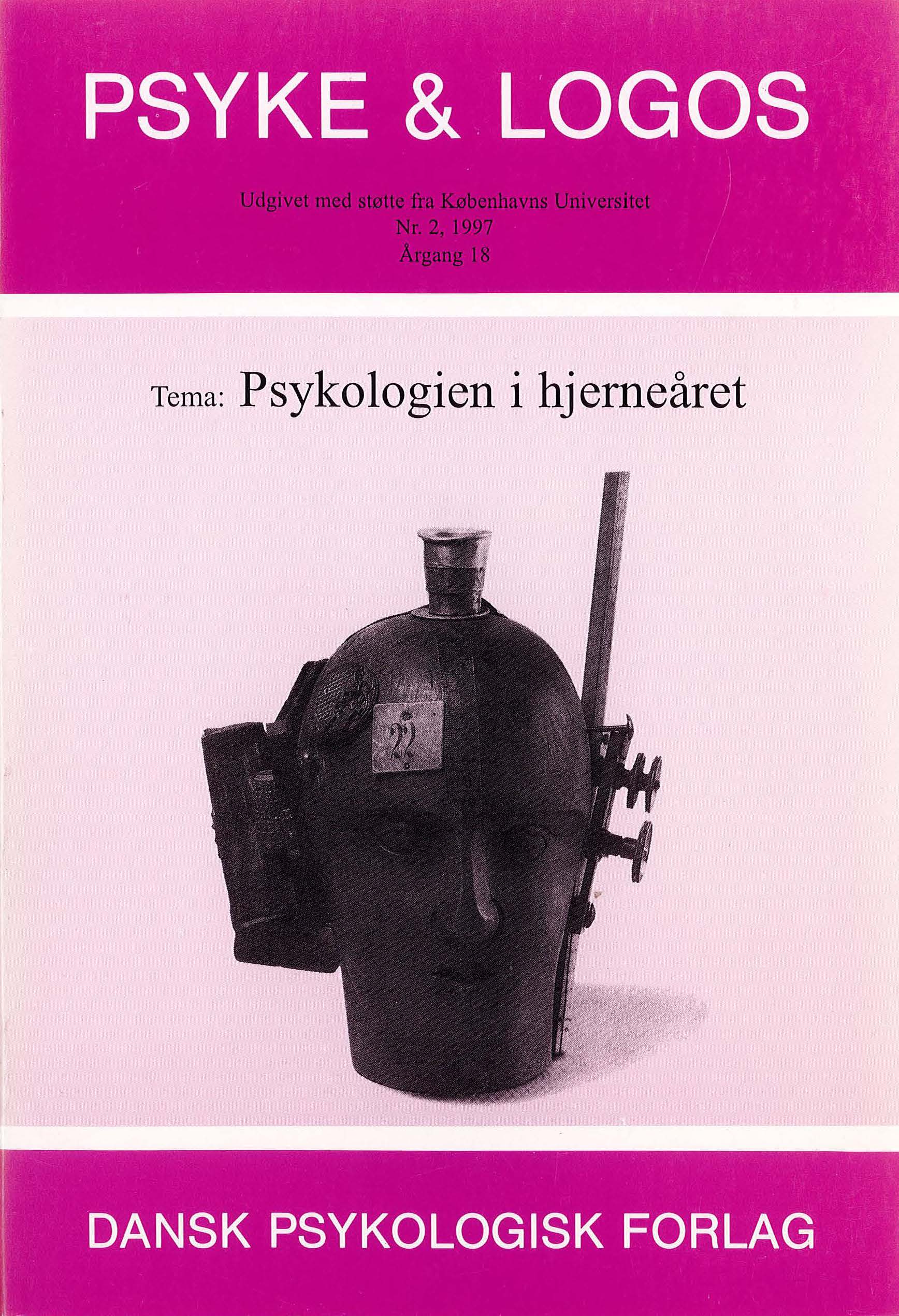DEN DYNAMISKE HJERNE – HJERNENS PLASTICITET
DOI:
https://doi.org/10.7146/pl.v18i2.133315Abstract
In the »general population« as well as in many scientific circles one frequently finds an »implicit model« of the brain as a structurally »static« organ. According to this - incorrect - model only purely »organic« stimuli are able to modify the structure of the adult brain. Consequently, according to the »implicit model« the structure of the brain cannot be influenced by inputs of a »psychological« and »social« nature. Such a »static« model of the brain can easily cause misinterpretations of scientific results – e.g. those obtained within the neuropsychological areas. For instance, the demonstration of structural differences between the brains of schizophrenic patients and non-schizophrenics is interpreted as an indication that »psychological« factors cannot contribute to the development of schizophrenia. And the identification of a »neural substrate« of »personality« is interpreted as being equivalent to the claim that
»personality« is exclusively determined by genetic factors. This »implicit model« is incorrect. Throughout an individual's entire life-span the brain is both functionally and structurally dynamic and the present day »architecture« of a particular brain structure is at least partly a product of experience, learning, problem solving and other »psychological« and »social« factors. The bulk of the paper is a review of some of the scientific results on which the model of a »dynamic« brain is based. In the concluding paragraphs of the paper it is emphasized that the »plasticity« and functional as well as structural dynamics of the brain continue to be of importance if the organ is hit by traumatic injury. It is emphasized that the neural processes which form the substrate of functions such as learning and problem solving probably are
closely related to the »neural substrate« for rehabilitation and functional recovery upon brain injury.
Downloads
Published
How to Cite
Issue
Section
License
Ophavsret er tidsskriftets og forfatternes. Det er gældende praksis, at artikler publiceret i Psyke & Logos, som efterfølgende oversættes til andet sprog, af forfatteren frit kan publiceres i internationale tidsskrifter, dog således at det ved reference fremgår, at den oversatte artikel har et forlæg i en dansksproget version i Psyke & Logos. Artikler kan frit deles og linkes til på forsknings- og undervisningsnetværk (så som Blackboard). Link foretrækkes, fordi det giver oplysning om brug af tidsskriftets artikler.




